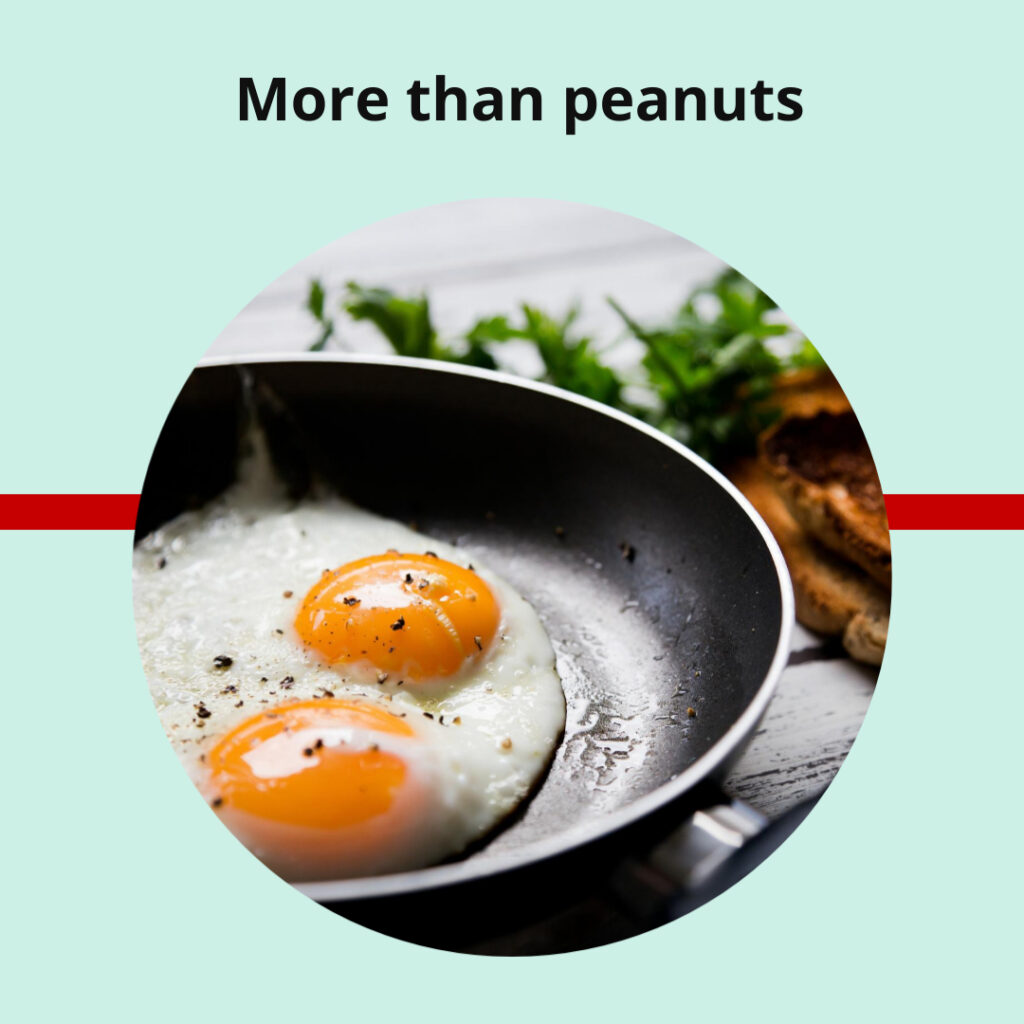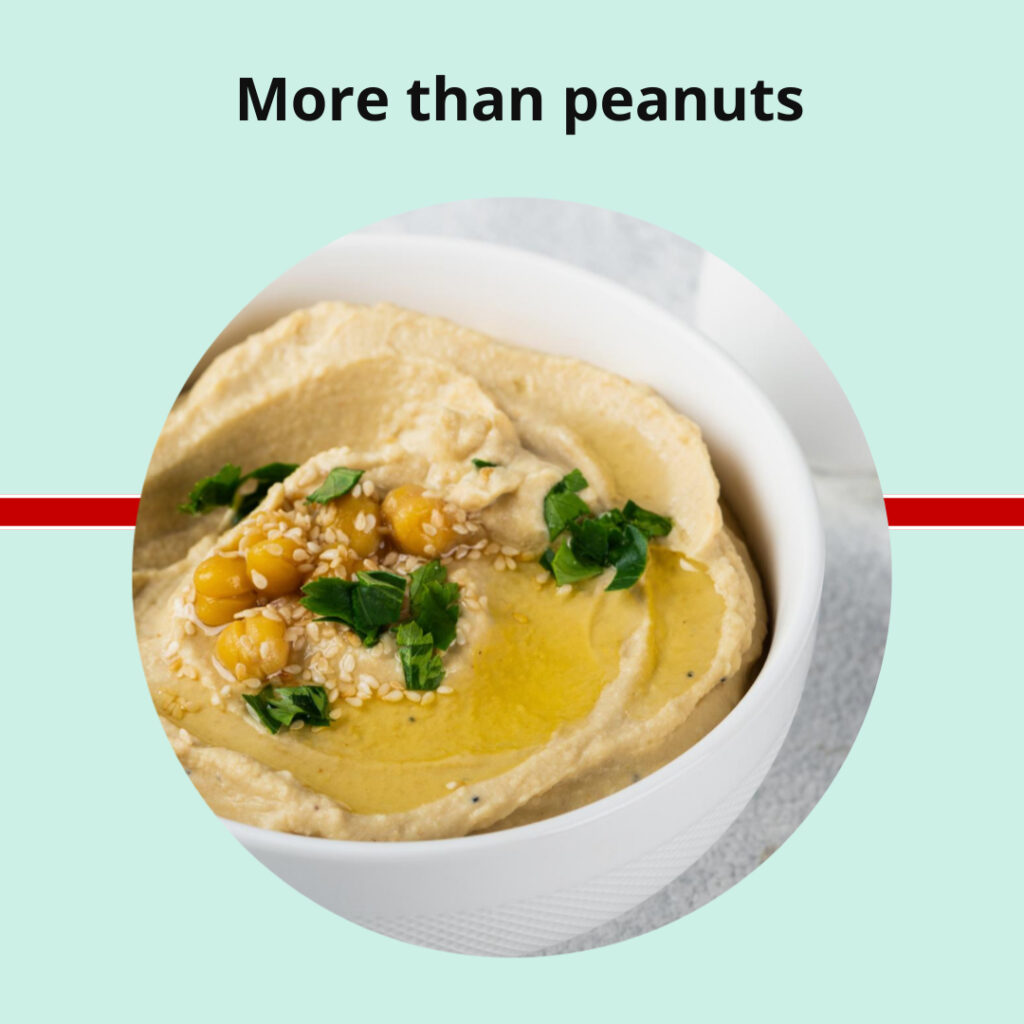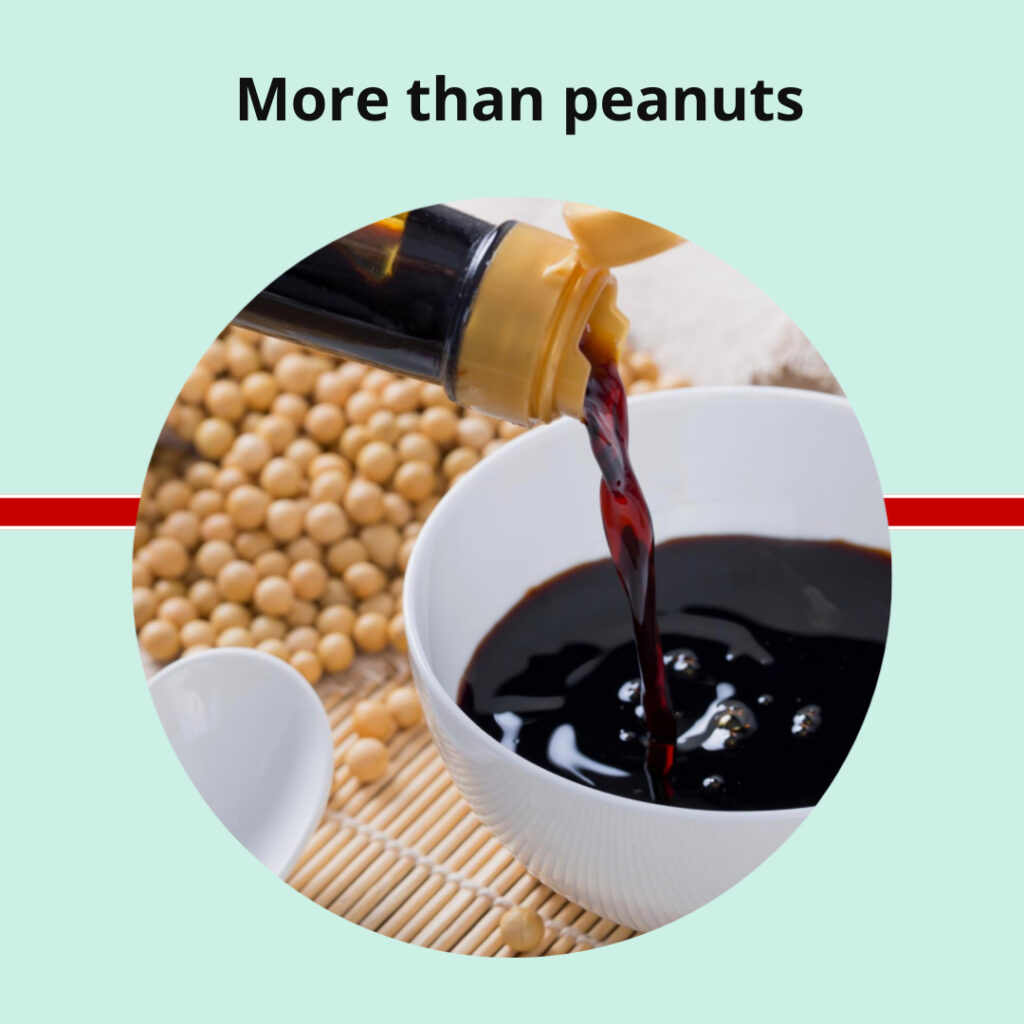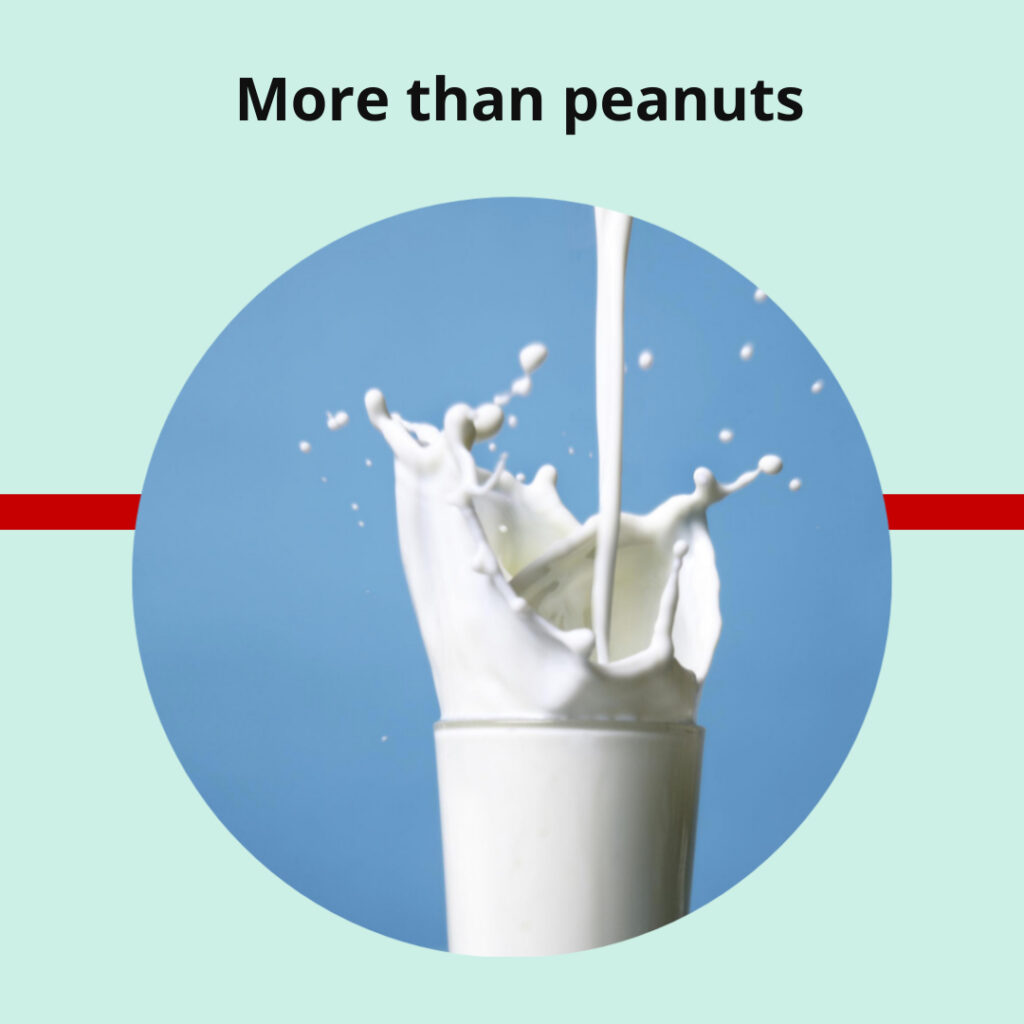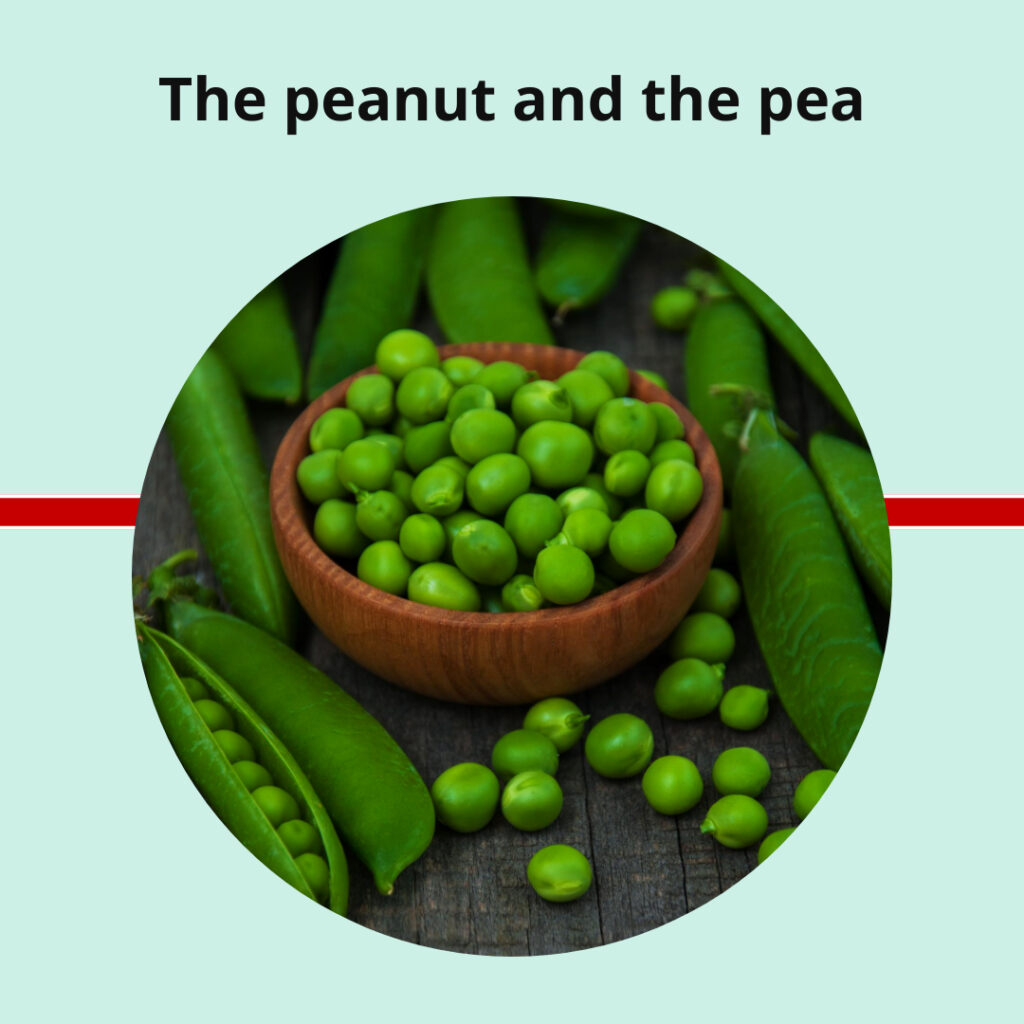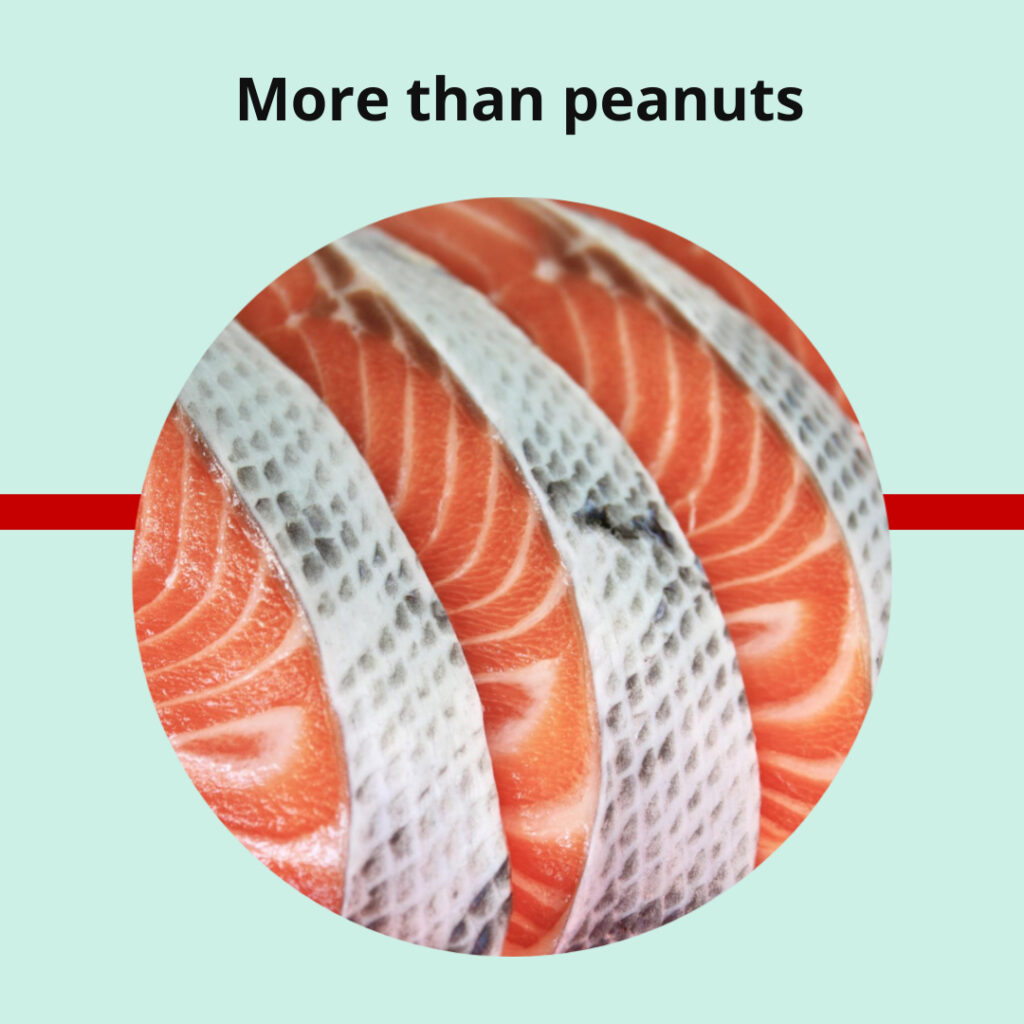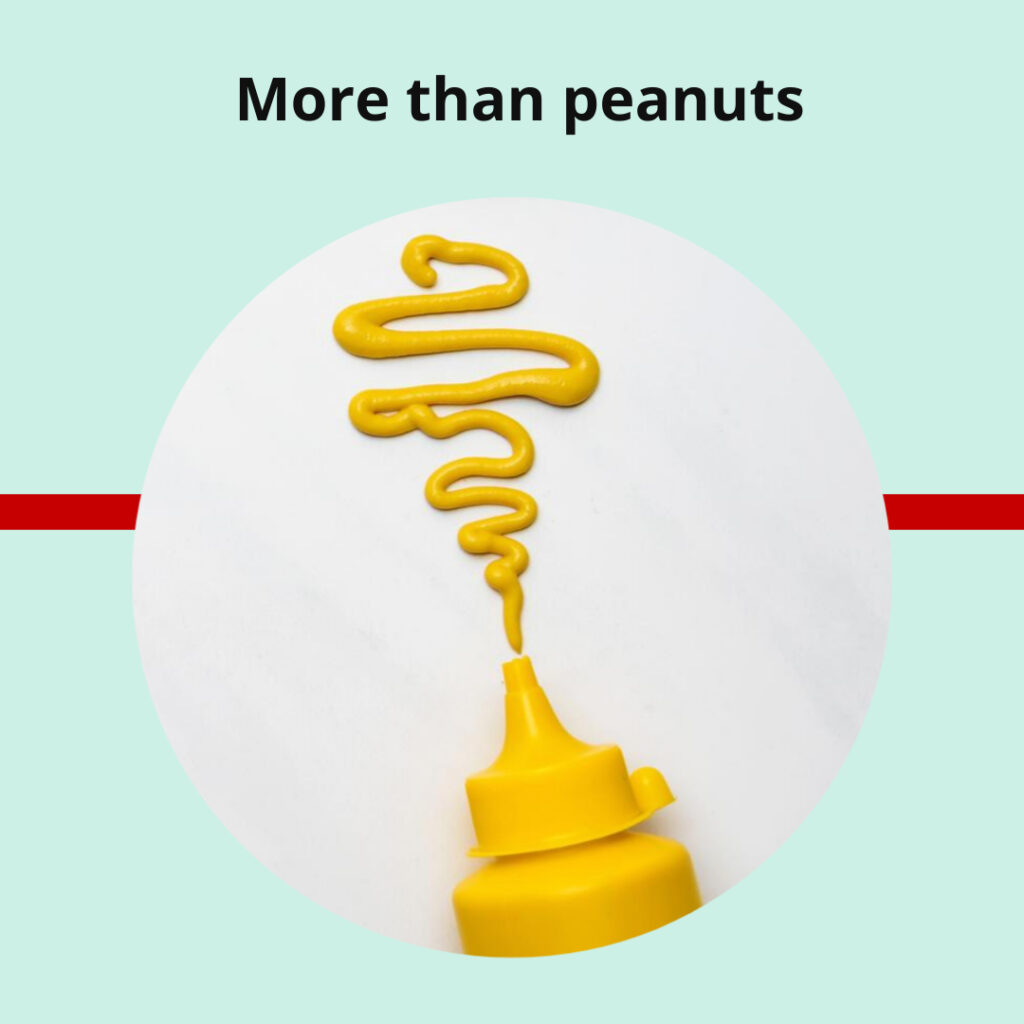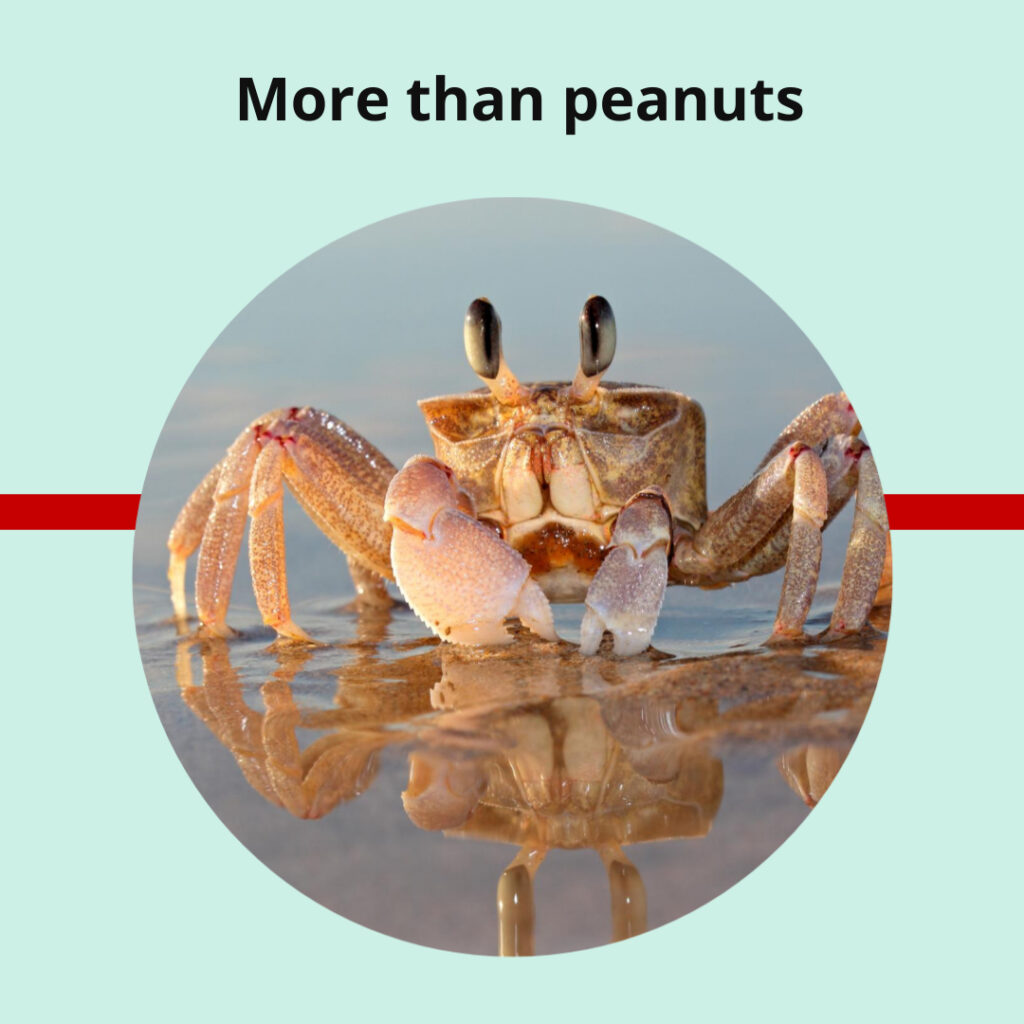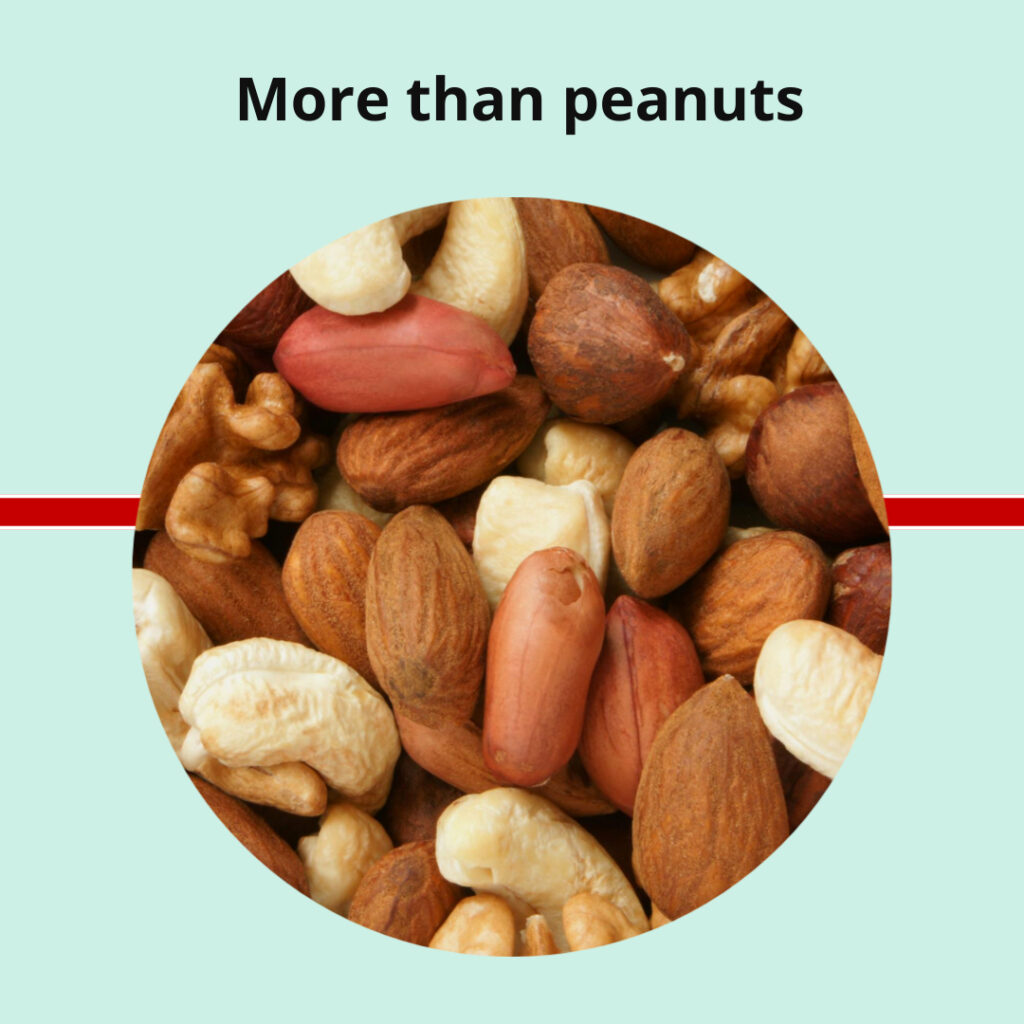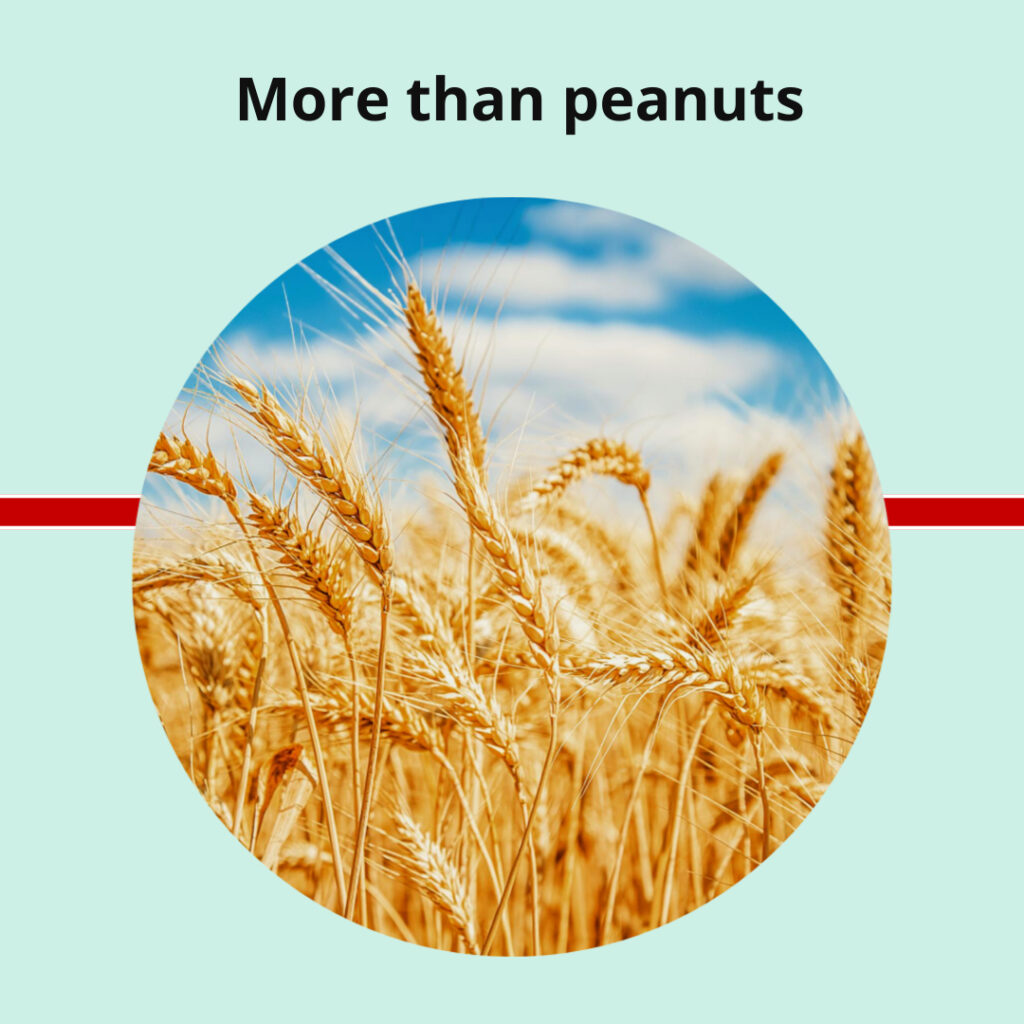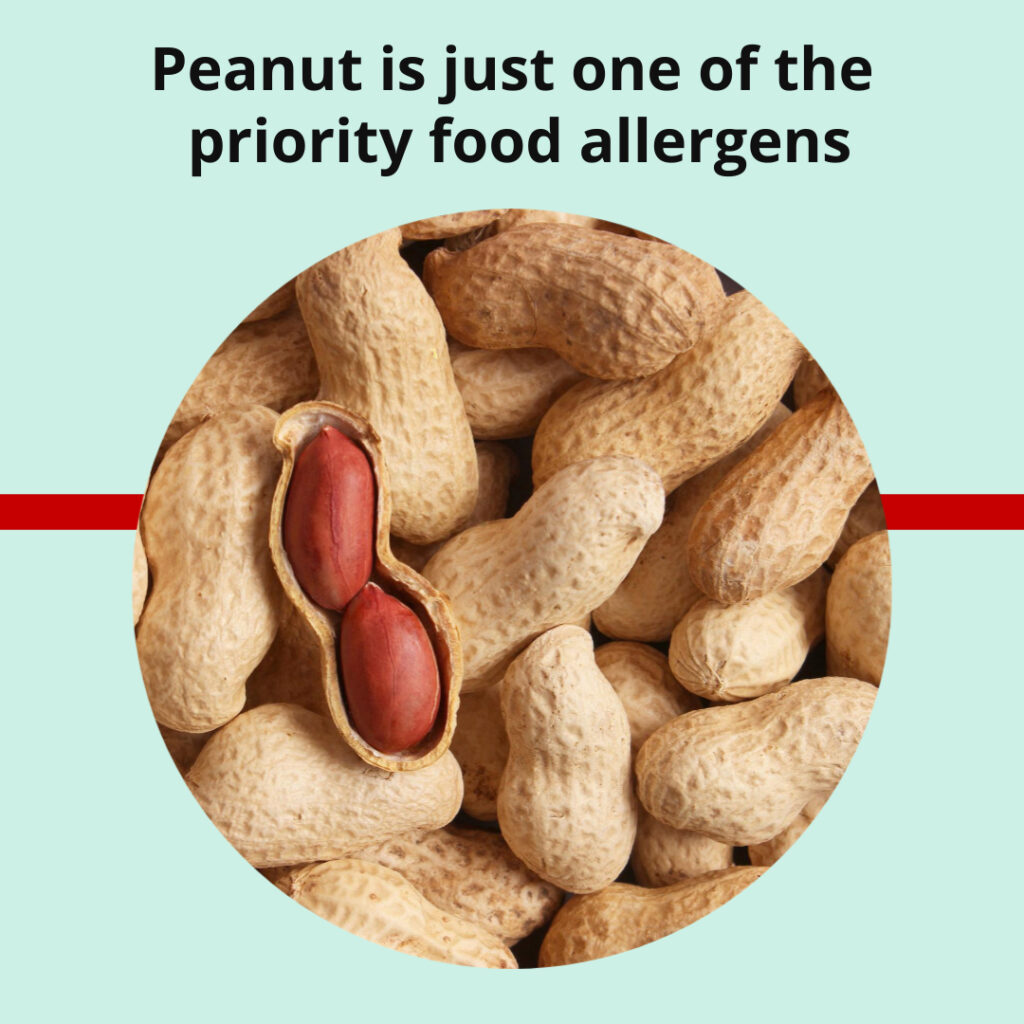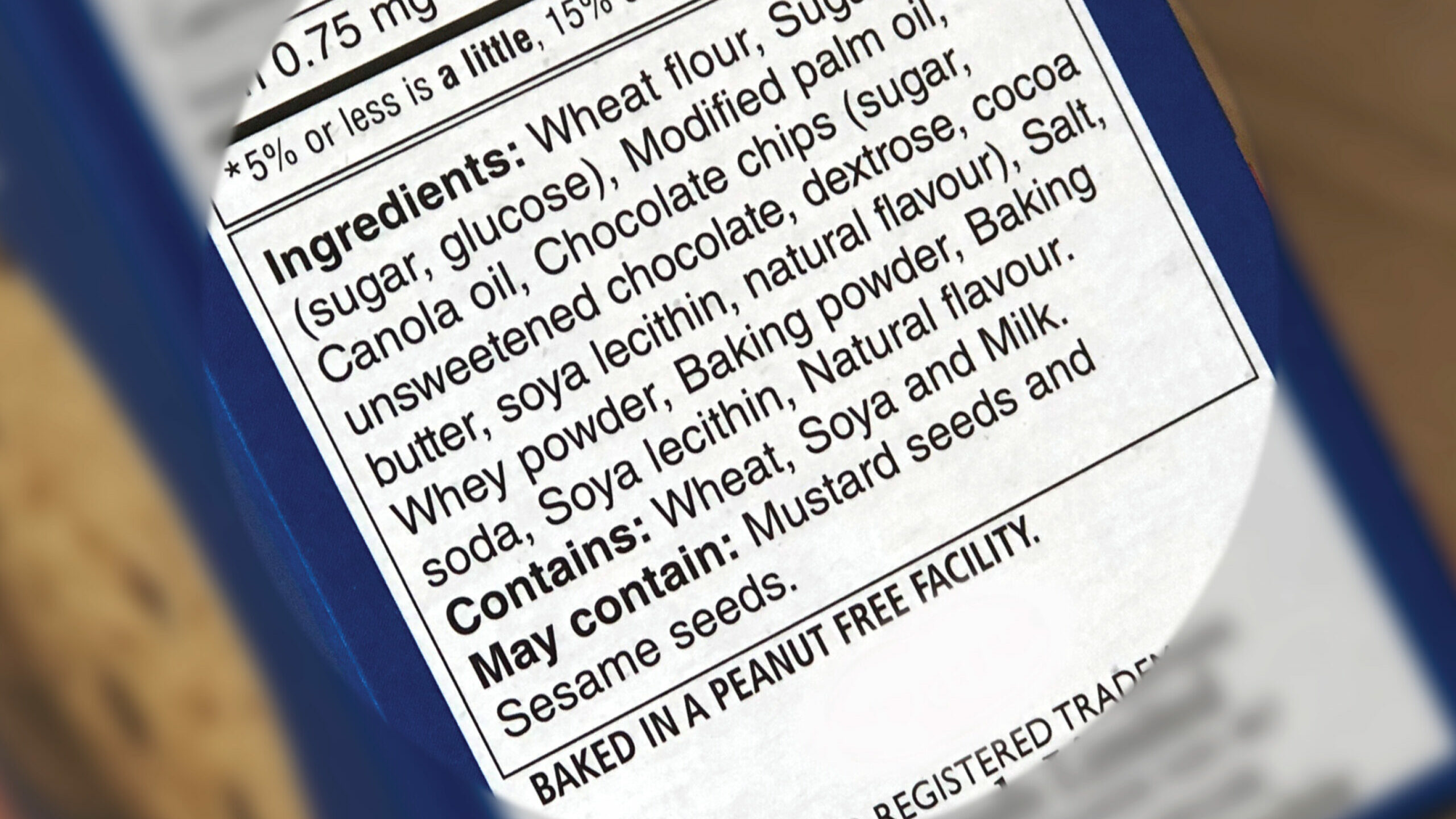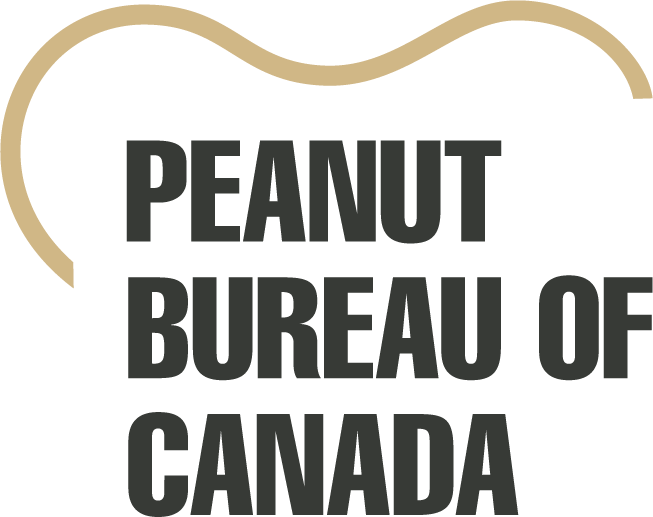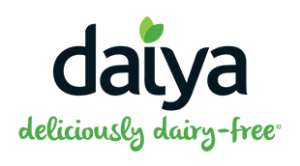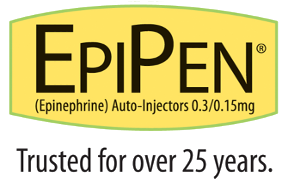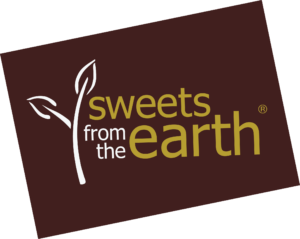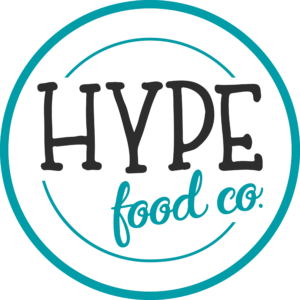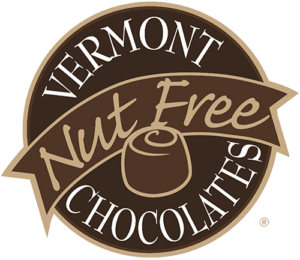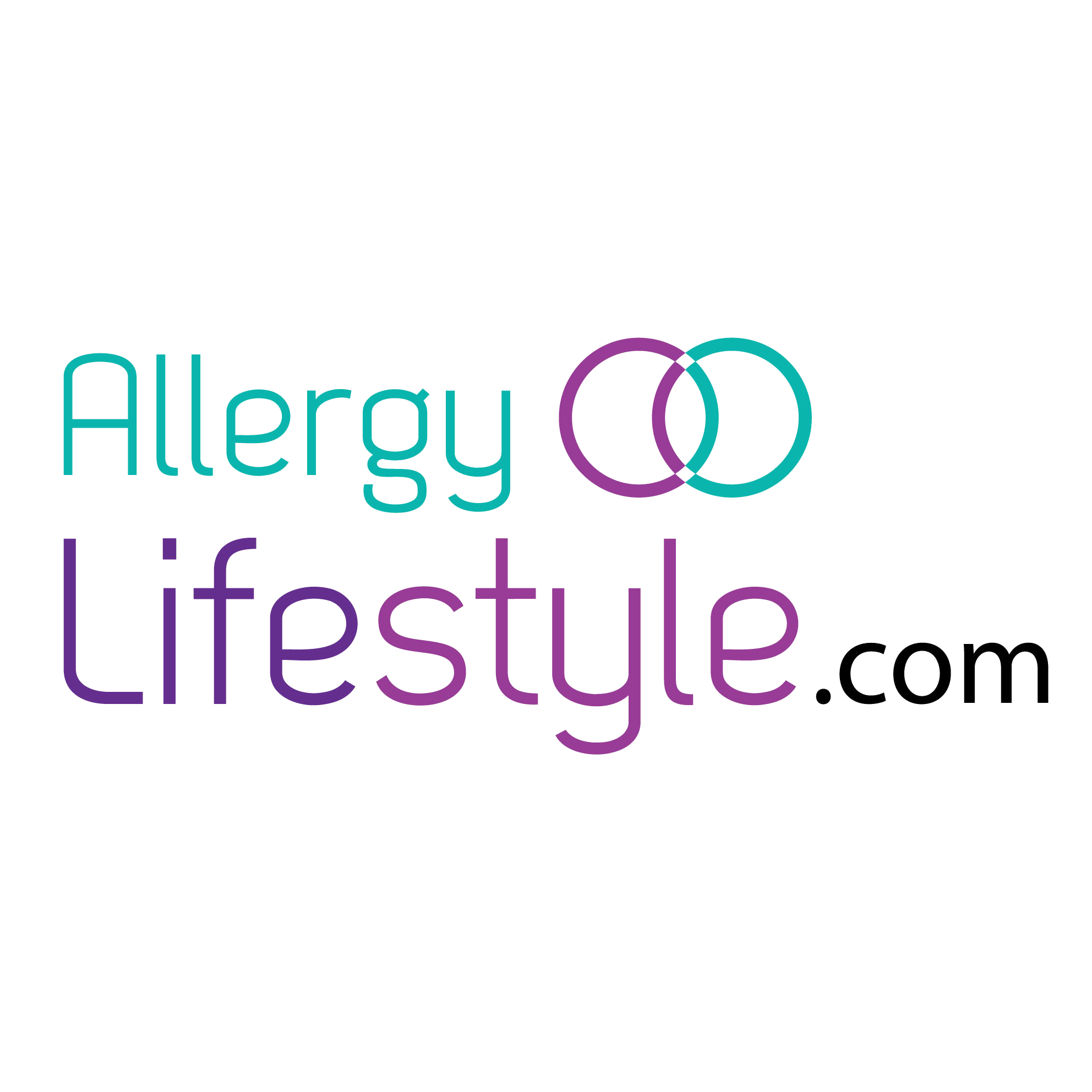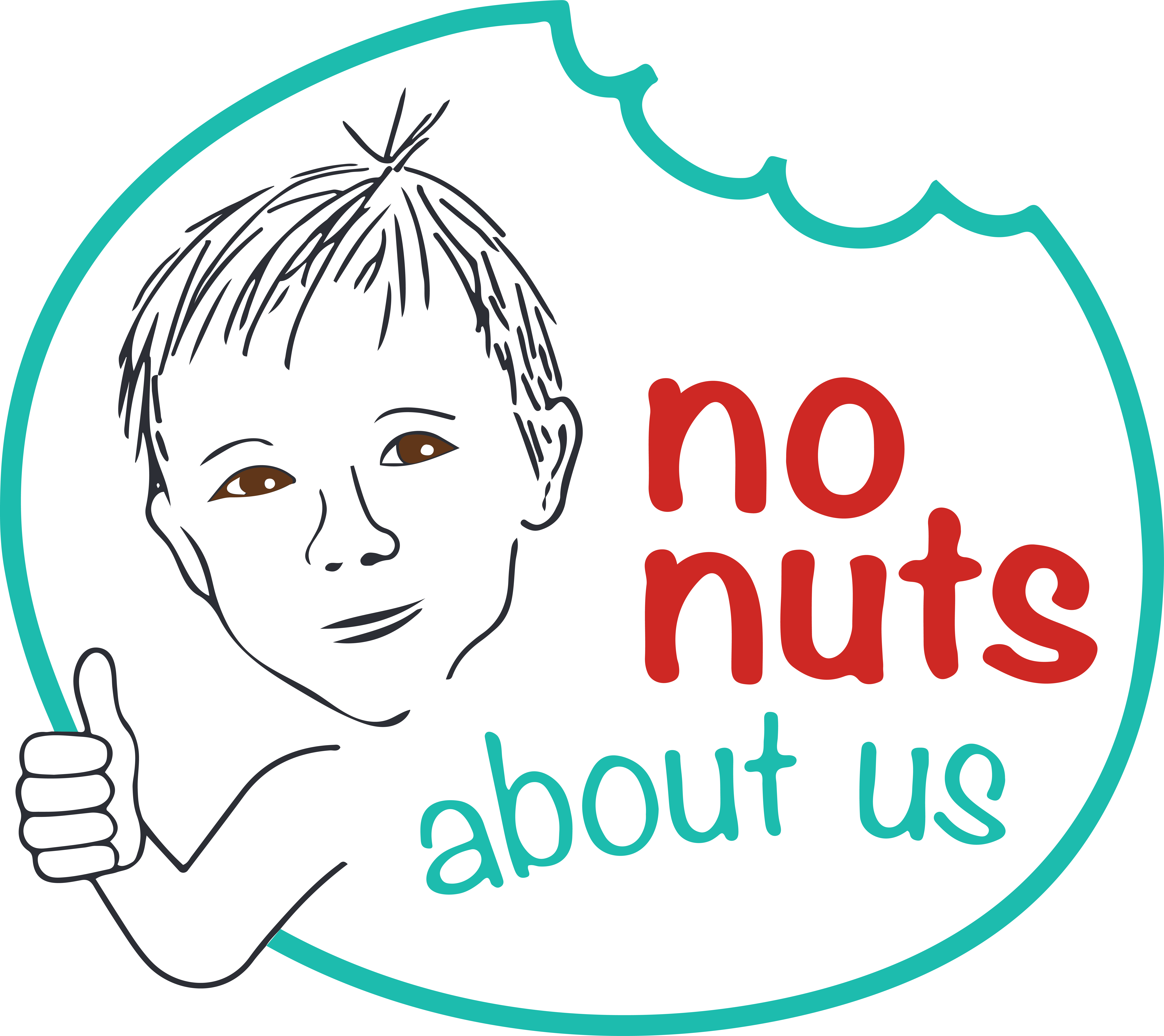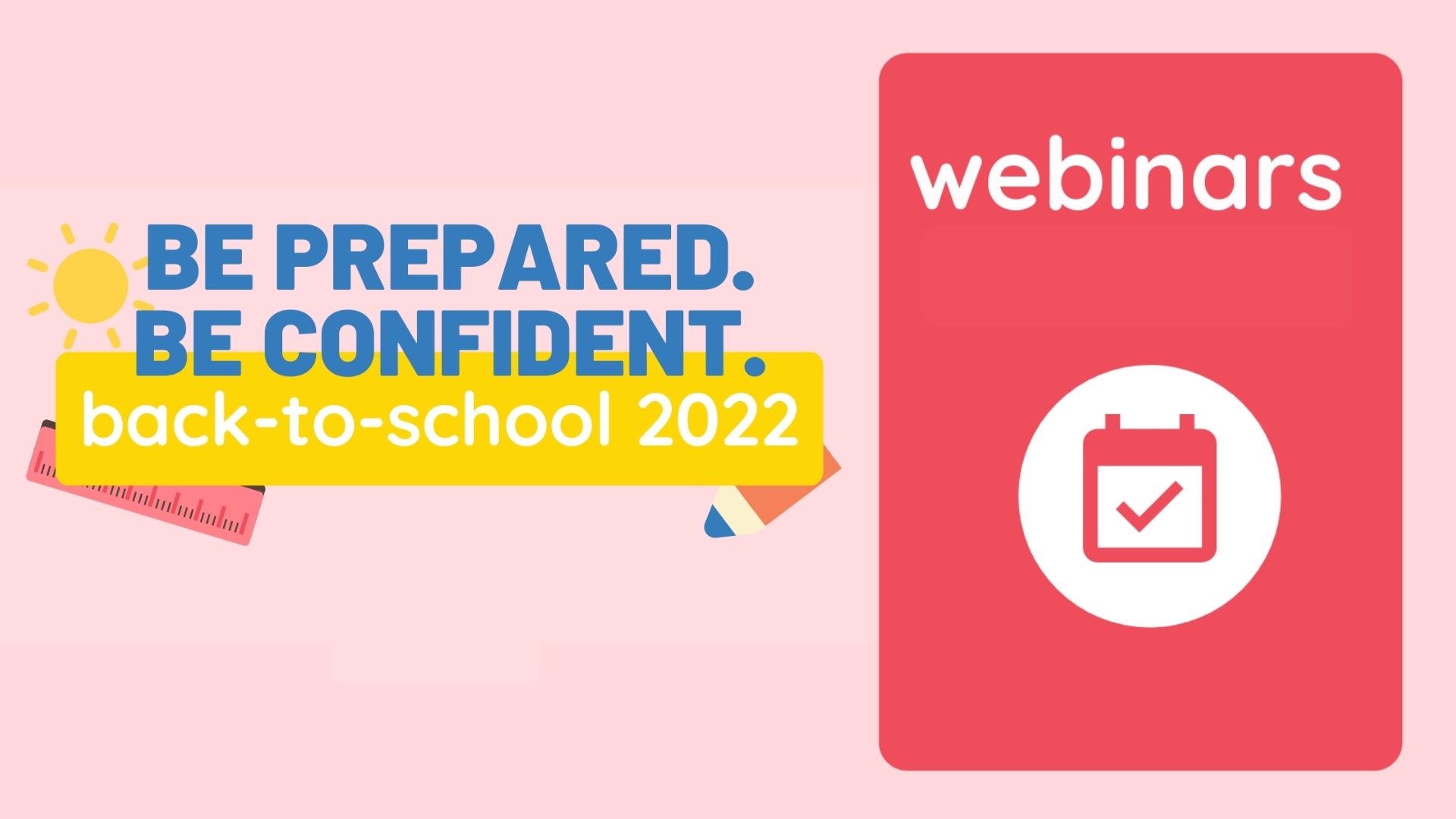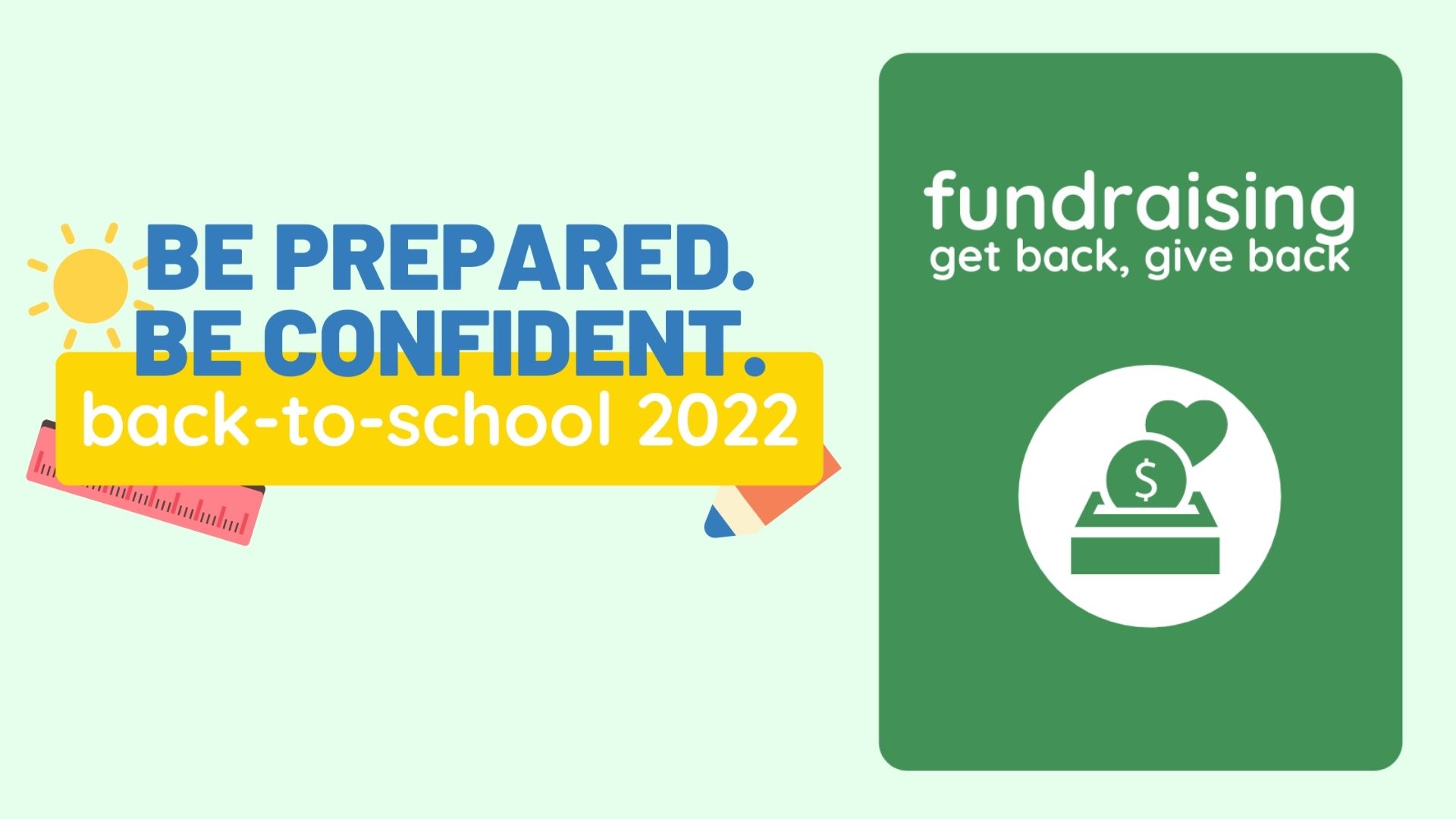Our “More than peanuts” campaign focuses on how being aware of the ingredients in food can help kids, parents, and the community prevent reactions.
Research shows that 84% of all anaphylactic reactions in children were food-induced. The same research notes that due to the high awareness of peanut allergy, the rate of reactions in children with peanut allergy did not significantly change over the years. However, anaphylactic reactions to tree nuts significantly increased, and this could be interpreted to mean that tree nut allergy has not generated the same awareness, safety measures and precautions as peanut allergy.
Research also highlights that the leading trigger of anaphylaxis in those with sesame allergy is hummus, which includes sesame paste (tahini) as an ingredient. These insights from research indicate that people may be unaware of other priority food allergens beyond peanut and may not use the same safety precautions.
Milk allergy and wheat allergy can be challenging as many foods contain milk and/or wheat ingredients. There is also confusion between milk allergy and lactose intolerance, and between wheat allergy and sensitivity or intolerance to gluten, but these intolerances and allergies are different conditions.
Help create public awareness this fall with our #MoreThanPeanuts campaign.
Drive awareness and start the conversation with our social media ads
In Canada, the priority food allergens are responsible for triggering most food-induced reactions; peanut is just one of the priority allergens. Be familiar with these allergens, they may be included in certain foods you’re aware of as well as other foods you don’t expect.
Click the links below to share the posts with others on social media to create a community that is allergy-aware!
Be informed and prevent reactions
When someone has food allergy, avoiding foods which contain their food allergen is a key safety practice. Both self-management and community support is needed to help prevent reactions, and this can be helped when everyone has an understanding of the ingredients in food, including any food allergens that need to be avoided.
Scroll below to find out what you can do to keep those with food allergy safe and help prevent reactions.
Find information on Canada’s priority food allergens, including how to avoid allergens, how they are labelled on food products, examples of where the allergen is found, and possible sources of the allergen.
Check out our tips on reading food labels, including how to do the triple check. Plus, discover our label reading activity for kids.
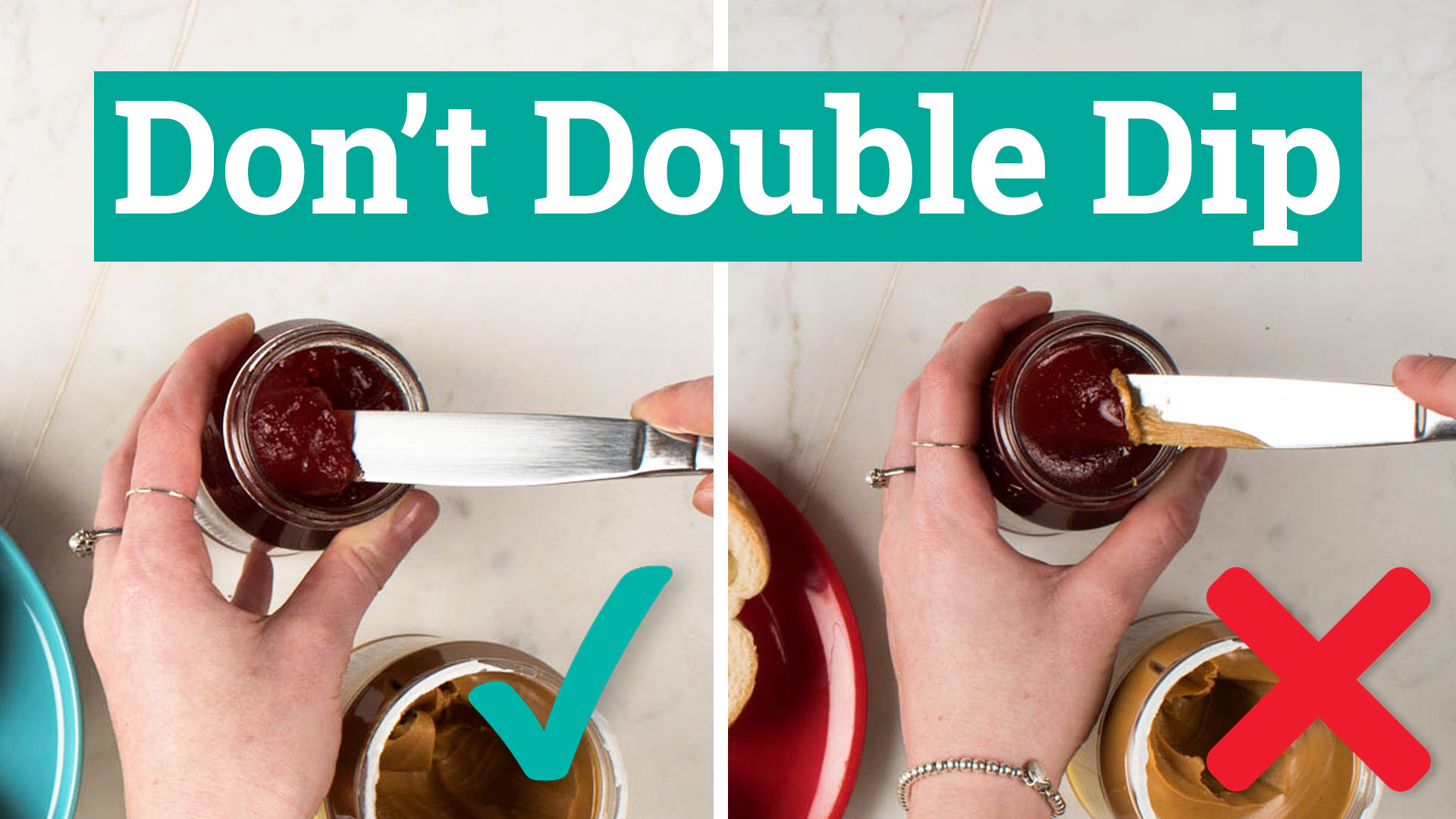 Avoiding cross-contamination
Avoiding cross-contaminationLearn how to reduce the risk of cross-contamination, and read our 10 easy ways to avoid cross-contamination.
Plus, watch our short educational videos on avoiding cross-contamination.
 Guide: Caring for a child with food allergy
Guide: Caring for a child with food allergyThis easy-to-follow guide is perfect for caregivers like grandparents, babysitters, coaches, and others who provide care for children with food allergy.

